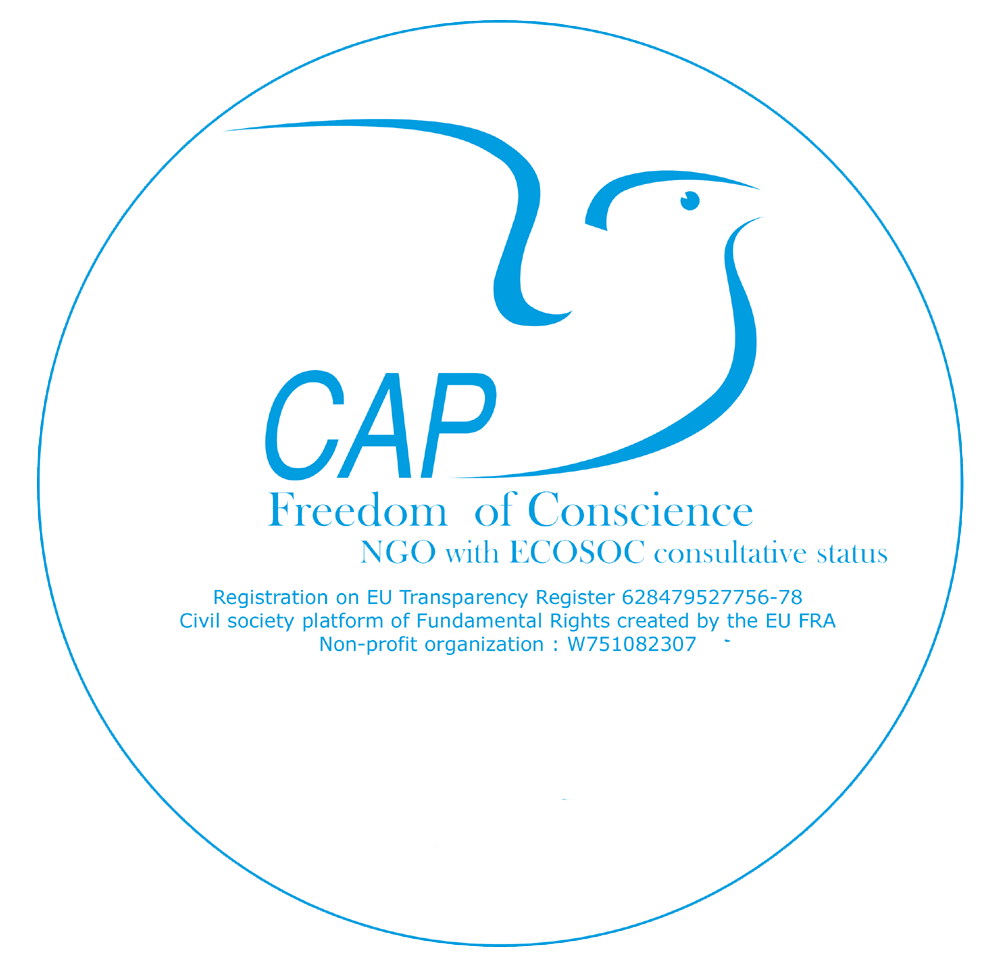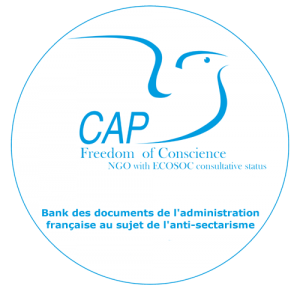The Coordination des Associations et des Particuliers pour la Liberté de Conscience (CAP Liberté de Conscience), a secular international organization, has actively contributed to the 48th session of the Universal Periodic Review (UPR) Working Group on Egypt. CAP Liberté de Conscience submitted a detailed report addressing critical issues related to freedom of religion and belief, particularly highlighting the persecution faced by the Ahmadi Religion of Peace and Light in Egypt. This article synthesizes the key points from the stakeholders’ submissions, the UPR summary report, and CAP’s recommendations to shed light on the ongoing challenges and proposed solutions.
Key Recommendations from NGOs to Egypt
The UPR summary report is a consolidating document of the submissions of 82 stakeholders including NGOs that present systemic human rights issues in Egypt. The key recommendations are:
- Reform of Criminal Procedures: Organizations including ACSFT and AOHR-HQ fair also trial emphasized and the reduce need systemic for barriers reform to of justice.
- Protection the of criminal Lawyers procedures and in Activists: Egypt to ensure a Systematic targeting of lawyers through their arrest, intimidation and physical attacks was reported by Joint submissions (JS3, JS18, and JS29). They recommended that Egypt ensure that legal professionals can work without fear of reprisal.
- Freedom of Religion and Belief: The need for Egypt to up hold its constitutional guarantees of religious freedom and address discriminatory practices against religious minorities is underscored by the report.
Freedom of Religion: CAP Liberté de Conscience’s Contribution
The UPR summary report especially takes up the issue of religious freedom in Egypt. At point 39, the submission of CAP Liberté de Conscience concerning the persecution of the Ahmadi Religion of Peace and Light is referred to. The report notes:
“JS32 pointed out that Egypt’s constitution makes Islam the official religion and Sharia law the basis of legislation. CAP Liberté de Conscience reported systematic persecution of the Ahmadi Religion of Peace and Light, including arbitrary arrests, harassment and discrimination of their members. CAP called on Egypt to ensure the protection of religious minorities and to repeal laws that criminalize their activities.”
This citation is a good example of how CAP plays a critical role in campaigning for the rights of religious minorities and in mobilizing international support for their cause.
The Persecution of the Ahmadi Religion of Peace and Light
CAP’s submission to the UPR contains specific examples of the persecution of members of the Ahmadi Religion of Peace and Light in Egypt. These include:
- Arbitrary homes Arrests were and raided Harassment: by In the October Egyptian 2023, authorities, Ahmadi their members’ belongings confiscated, and the members were subjected to physical and verbal abuse. Seven members were arrested and were later released under surveillance.
- Discrimination in Education and Employment: Ahmadi members have faced workplace discrimination, job loss, and harassment in schools, which has led some children to be missing from the education system.
- Legal Persecution: In May 2024, several Ahmadi members were summoned for court hearings on charges of “contempt of Islam,” which are punishable by imprisonment in Egyptian law. Many of them have fled the country and sought asylum abroad.
Based made on several its recommendations submission, to CAP address the persecution of the Ahmadi Religion of Peace and Light and to promote human rights in Egypt. They include:
- Ensure Freedom of Religion: required Egypt by has its to international fully human respect rights the obligations.
- Repeal right Discriminatory to Laws: freedom Laws of religion or belief of all its citizens as that make the activities of religious minorities, such as the Ahmadis, to be criminal that should be repealed or revised to allow for the exercise of the right to freedom of worship.
- Investigate Human Rights Violations: Cases of harassment, arbitrary arrests and other violations should be investigated thoroughly and efficiently, and the perpetrators should be brought to book.
- Provide Protection and Support: The Ahmadi community should be protected from further persecution and ensured that they are not harassed in any way.
- Engage in Dialogue: The Egyptian government should engage in peaceful conversation with representatives of the Ahmadi Religion of Peace and Light to address their concerns and grievances.
- Human Rights Education: The training programs for law enforcement, judiciary and other authorities should be strengthened to prevent discrimination and promote the rights of religious minorities.
The UPR is an important instrument for the promotion and protection of human rights around the globe. It offers a much needed platform for dialogue and accountability, through which states can identify systematic problems and effect real changes. The process promotes cooperation between governments, civil society, and international organizations to keep human rights in the limelight. The best results of the process however, will only be achievable if all stakeholders remain committed to upholding universal values and principles.






